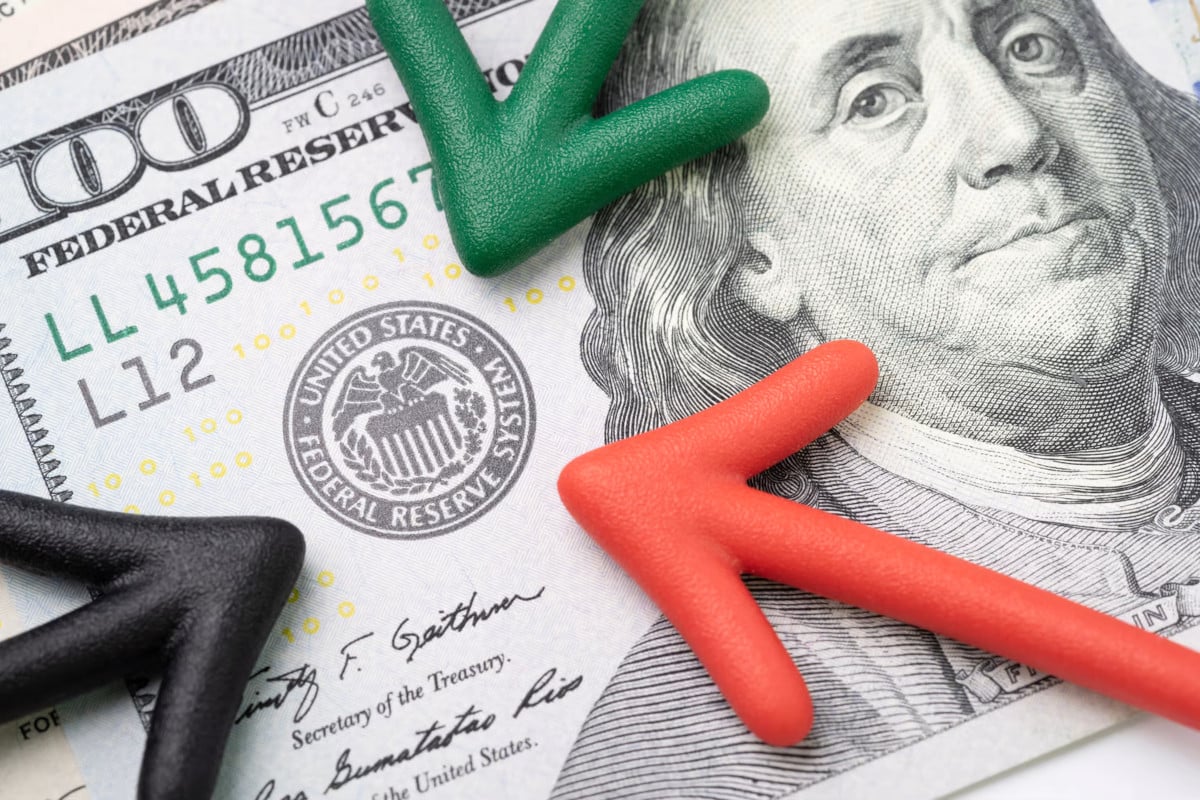US Treasury yields gained significantly following the weaker-than-expected US Producer Price Index (PPI) report, supporting the Federal Reserve's strategy of more aggressive rate cuts this year.
The rise in Treasuries has led to a yield curve decline of at least 4 basis points. Specifically, the two-year yield has fallen by about 5 basis points to just below 4%, while the 10-year yield has fallen to about 3.9%.
“You can breathe easy,” said Jack McIntyre, portfolio manager at Brandywine Global Investment Management, commenting on the weak PPI report. The report marks the beginning of a week full of important economic data releases. Consumer price and retail sales reports, due on Wednesday and Thursday respectively, are expected to give investors more insight into the scope and timing of the Fed’s potential rate cuts.
The producer price index for final demand rose 0.1% from the previous month, the Bureau of Labor Statistics said in a report today, lagging the 0.2% increase projected in a Bloomberg survey of economists. On an annual basis, the PPI rose 2.2%.
Summarizing the PPI report, Paul Ashworth, chief economist for North America at Capital Economics, said the modest 0.1% increase in the PPI for July “wasn't as good as it sounds, but it's still consistent with the Fed's preferred measure of core personal consumption expenditures (PCE) rising at a sub-2% annual pace.”
Economists were quick to warn against drawing big conclusions about consumer inflation from the July producer price data. Prices appear to be stabilizing as companies assess consumer sentiment, said Betsey Stevenson, a former chief economist at the U.S. Department of Labor and now an economics professor at the University of Michigan.
*This is not investment advice.










